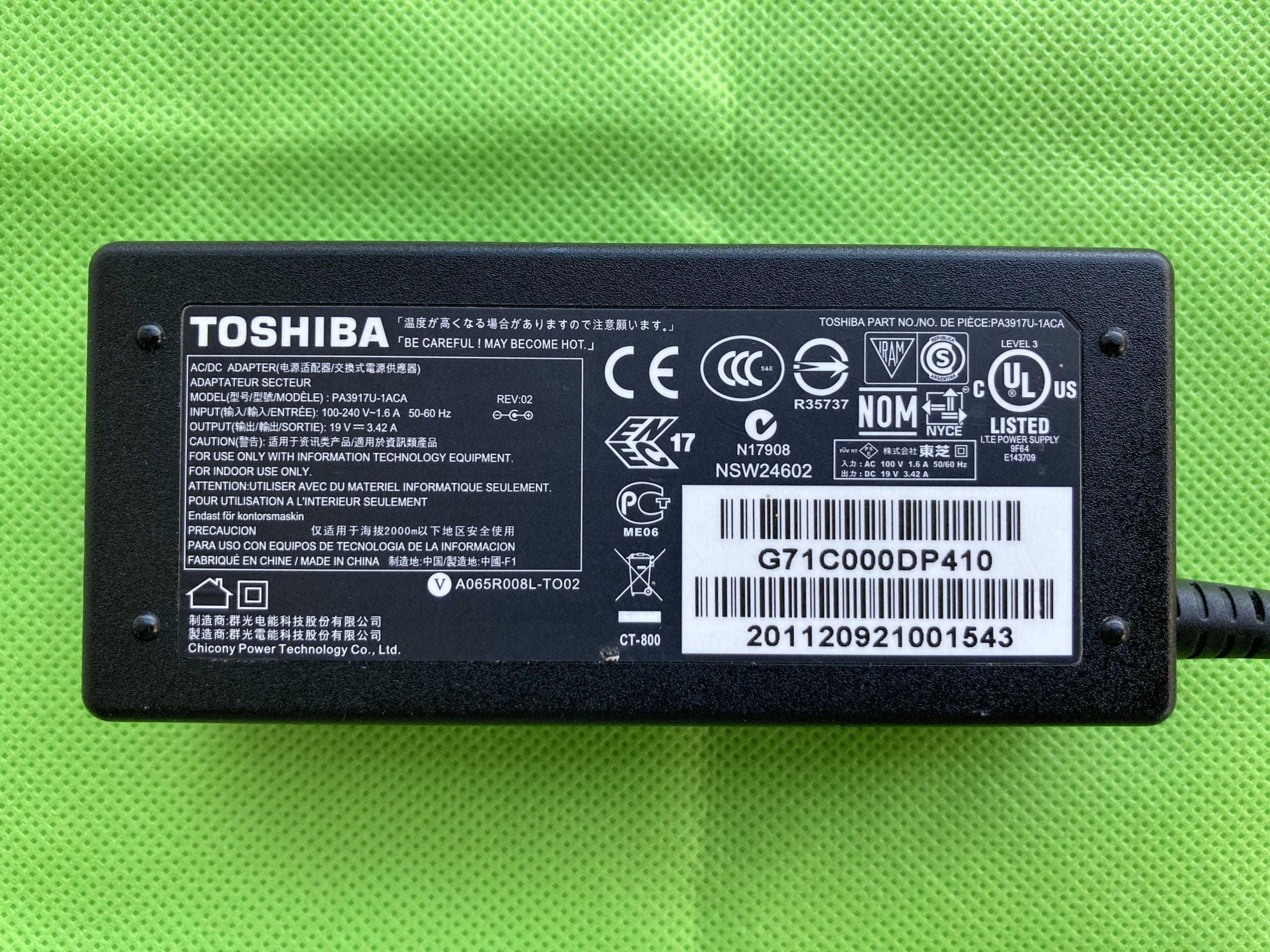What Is A Power Supply Unit?
A power supply unit (PSU) is a device that converts one form of electric power in order to achieve a different voltage, frequency, or other characteristic. The barebones definition of a power supply unit is a device that supplies power, but it usually does some form of conversion.
For example: A typical computer power supply unit converts 120V alternating current (AC) to 12 Volts, 5 Volts, and 3.3 volts DC (three separate outputs. One for each voltage). DC means ‘Direct Current’, because it isn’t alternating like AC.
The term power supply unit (often just called a ‘power supply’) is usually used to refer to an AC to DC converter. However, a power supply unit can convert DC to DC as well.
Power supply units are commonly used to provide:
DC power for TVs, computers, phone charging, printers, scanners, cameras, control electronics in appliances that are otherwise AC-powered, and any DC-powered device that needs to be plugged into a 120V mains outlet.
Interestingly, most of the devices we use require DC power and nearly all the AC appliances could have been built to use DC. Why haven’t they?
There are multiple reasons. The electricity grids that power nearly everything today were built decades ago, but with minor improvements here and there.
At the time those grids were built, long-distance DC power transmission was impractical due to its poor efficiency. The issue wasn’t really the transmission of DC power, but the fact that high voltages are required for long distance power transmission.
At the time, no one knew how to economically multiply DC voltages to levels high enough for long distance transmission. In recent times the concept of high voltage DC (HVDC) transmission has been revisited due to technological advancements.
It still faces challenges due to the fact that most appliances are already built for 120V AC, and would require inverters to operate on DC. These inverters are expensive, however, they may hold the key to transitioning to an HVDC power grid.





